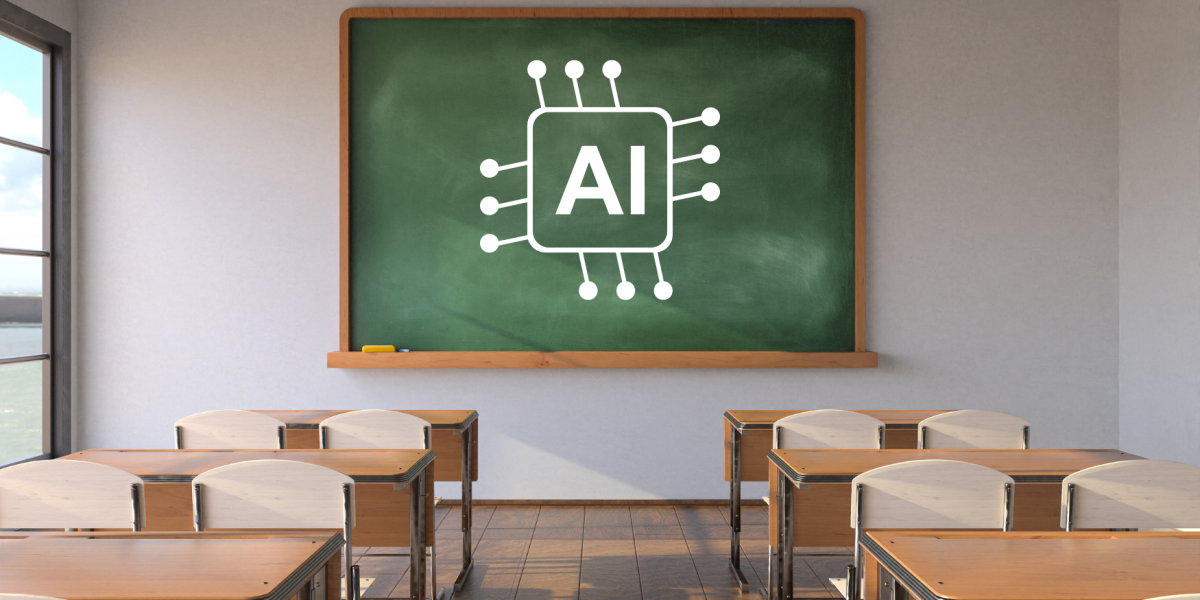With Artificial Intelligence (AI) becoming increasingly integrated into education, students and educators at CRLS are navigating its effects on learning, academic honesty, and teaching. Tools like ChatGPT and Khanmingo are reshaping classroom dynamics, offering new ways to engage with the material while raising questions about misuse. On one hand, these programs can break down complex concepts and support self-study. Conversely, they risk undermining academic integrity if students rely on them for answers rather than learning. This dual nature of AI—its potential to enhance and disrupt education—is sparking discussions about how to use it responsibly in CRLS classrooms.
Avery Fearing ’26, avoids using AI for homework due to teachers’ restrictions, telling the Register Forum, “I normally steer clear of using AI for my homework just because I know that most teachers don’t allow it.” Fearing views AI as helpful for review or studying but finds it challenging to fact-check and prefers asking teachers for clarification instead.
Bao Khue Do ’25, on the other hand, views AI as an essential tool for studying, but only when used correctly. “I think AI is very helpful with homework and projects but only if used right,” she explained to the Register Forum. “I use Khan Academy’s AI, Khanmingo, which is tailored to studying and doesn’t give out answers, so I don’t consider that cheating.” Do then goes on to articulate that she values AI’s ability to break down problems and enhance understanding, mainly when it aids her self-study routine
Jeremiah Antoine ’26, shared with the Register Forum that AI tools benefit subjects like physics, noting, “It helps me a lot personally, especially when using it to work. It gives detailed explanations that help me understand the concepts.” Antoine emphasized that AI had also been particularly beneficial in improving his language skills, explaining that, “It helps, especially when your language isn’t similar to the one you’re learning. My language gets better because I use AI.” However, he also pointed out the potential for misuse, stating, “it depends on how you use it. Not everyone uses it in a good way.”
Instructional Technology Specialists Mrs. Kendall Boninti and Mrs. Paige Graves are focused on creating clear classroom guidelines for AI use. “The first thing people think of with AI is cheating,” Mrs Boninti noted, acknowledging AI’s challenges regarding academic honesty. While she emphasized that using AI responsibly—such as asking questions or getting explanations—should not be considered cheating, Mrs. Boninti made it a point to highlight to the Register Forum that “Using AI to do the work for you without acknowledging it is still cheating.” Both specialists agreed that transparency and clear communication about expectations are vital to integrating AI into education. “Teachers need to have open discussions with students about expectations,” Mrs. Graves said.
As AI tools evolve, students and educators must learn to navigate this shifting terrain. Mrs. Boninti summed it up, sharing with the Register Forum, “The future of teaching should balance the strengths of AI with the irreplaceable value of human connection,” reminding us that finding a balance between innovation and human connection will be the key to ensuring that AI enhances, rather than replaces, the learning experience.













